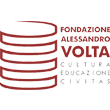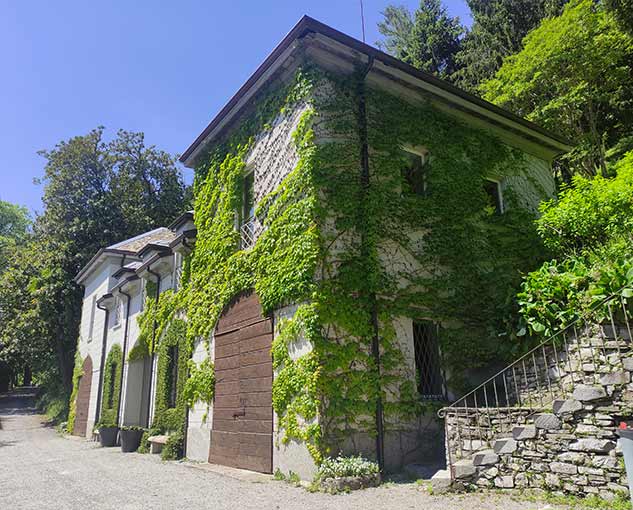Evolution in Computational Pangenomics
8-12 September 2024



The school is one of the network-wide events of the MSCA-RISE Project PANGAIA (Pan-genome Graph Algorithms and Data Integration) that is a European effort for guiding the transition from linear genomes to graph-based representations. The organizers are also leading members of a MSCA-ITN project (ALPACA) on the same general topic of computational pangenomics.
Classically, Genomes are strings over the letters A,C,G,T, which represent nucleotides, the building blocks of DNA. In view of ultra-large amounts of genome sequence data emerging from ever more and technologically rapidly advancing genome sequencing devices—in the meantime, amounts of sequencing data accrued are reaching into the exabyte scale—the driving, urgent question is: how can we arrange and analyze these data masses in a formally rigorous, computationally efficient and biomedically rewarding manner?
After the success of the Introduction to Pan-Genomics school, this school will instead focus on evolutionary aspects of pangenomics. There are two aspects that will be discussed:
How tumor, virus, and bacteria populations evolve during time, analyzing the computational aspects of different models of evolution.
How to analyze a pangenome to identify genetic variants associated with human diseases, distinguishing them from the plethora of neutral variants that arise from “healthy” evolution.
In both cases, we will focus on graph-based frameworks, since one of the main allures of computational pangenomics is to get rid of linear reference genomes and the bias it introduces. In fact, we remind that one of the main goals of the PANGAIA project is to put this shift of paradigm—from sequence- to graph-based representations of genomes —into full effect. As a result, we can expect that the completion of the transition towards graph-based pangenomes will produce a wealth of practically relevant advantages, among which the production of computational tools that are free of reference genome bias, is essential.
The MSCA-RISE Project PANGAIA is coordinated by Paola Bonizzoni from the University of Milano-Bicocca. Gianluca Della Vedova is WP-leader of the same project.
A beautiful location
Lake Como School of Advanced studies is located c/o Fondazione Alessandro Volta in the beautiful setting of Villa del Grumello, in Como, Italy

Venue & Accommodation
The Lake Como School of Advanced Studies is an international research facility. We run fellowships, short term programmes on a wide range of interdisciplinary subjects, that share a common focus on complex systems.